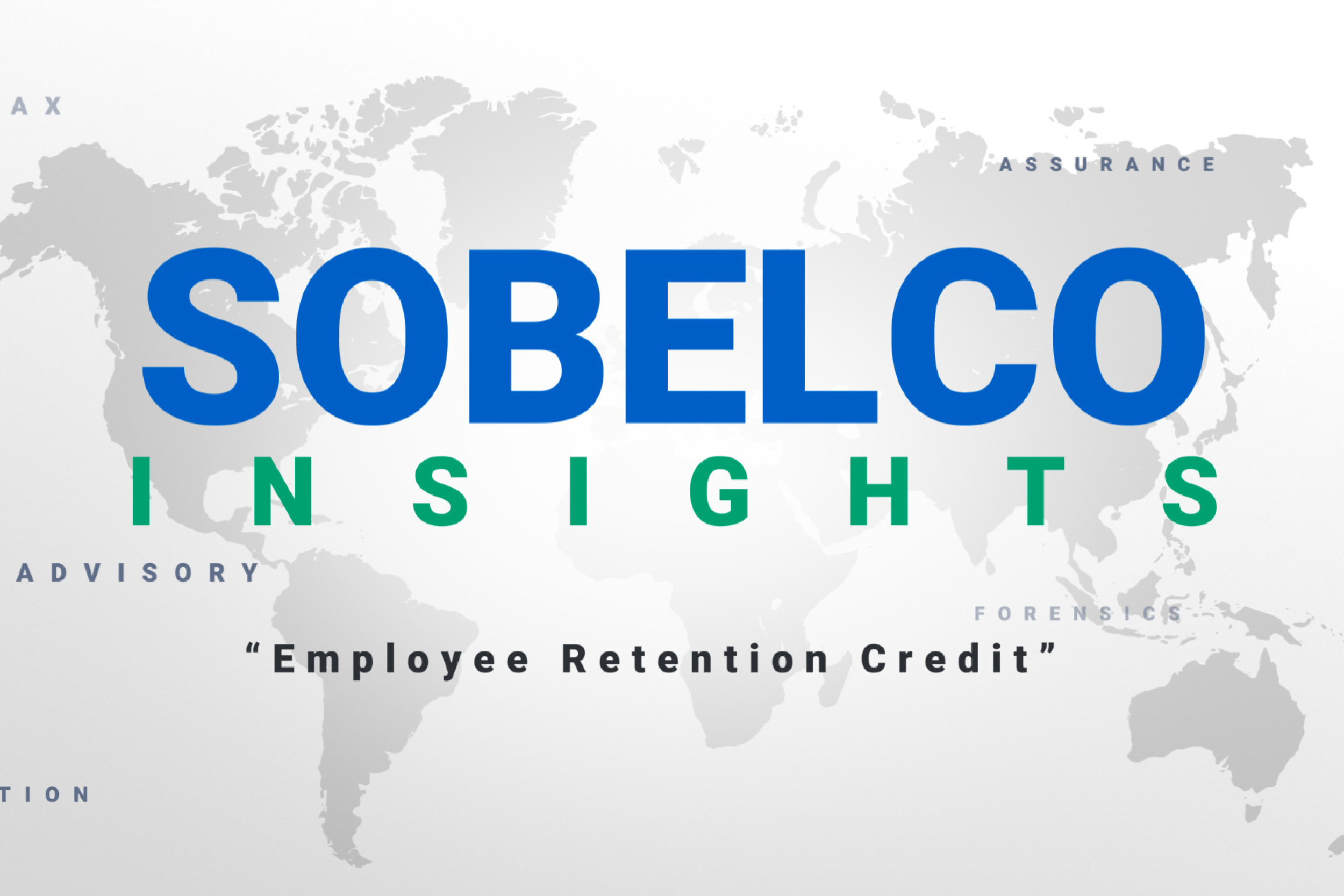
This is the second in a three part series on financial issues that a couple should consider; before, during, and after a marriage. The first part, before marriage, focused on communication of a couple’s financial habits, disclosure of individual assets, and planning ahead by creating a prenuptial agreement. This second part focuses on some ideas to help foster an open and healthy financial relationship with one’s spouse. And also counter the risks of an imbalance in knowledge of and access to a couple’s resources. The discussion will include some areas that, as a forensic accountant, I have observed as central areas that can cause or resolve marital disputes. Areas include family businesses, tax returns, knowledge of assets and liabilities, postnuptial agreements, and credit and account monitoring.
It is common to find that couples split up the responsibility for various things in their relationships. Frequently, finances are an area inn a marriage where one spouse has a significantly higher degree of knowledge and control than the other spouse. This does not occur only in relationships where one spouse is the primary breadwinner and the other stays home. But it also happens in marriages where both spouses hold degrees and work as highly compensated professionals.
While the basis of this division of responsibilities typically leans towards convenience or the more sophisticated financial knowledge and capabilities of one spouse, it is a big mistake. Who hasn’t heard a story of someone who lost a spouse through divorce or death, and subsequently had no idea what their financial picture was. Or maybe they unexpectedly discovered that the assets they thought available for their support either no longer existed or were not worth what they had believed? This is not fiction, this happens every day.
Ideally, both spouses should be conversant with the financial matters of their household. Even if only one of them takes the lead in the everyday tasks of bill paying and recordkeeping. Each spouse should have at least a basic knowledge and understanding of the family’s sources of income, regular expenditures, assets owned, and liabilities owed. Following is a discussion of some common financial topics that crop up in a marriage. They can cause problems if not addressed properly, and the earlier, the better.
Family Business
According to a July 2013 article in Forbes, 90% of all U.S. businesses are family-owned or controlled by a family. So it is common for a married couple to be involved with a family business in some fashion. In some instances, one individual may already have involvement in a family business. Then once married, the new spouse is not expected, nor wishes, to become involved in the business. In other instances, one individual has involvement in family business, and once married, the spouse will also become involved. There is also the case when a couple starts their own family business together.
Mixing family and business can be a wonderful opportunity, but can also turn into a disaster. Frequently, family members operating a business together do not observe corporate formalities and mix their personal lives into the business. Which can lead to vicious future disputes, when one or more family members behaves badly or uses the business as a personal piggy bank.
Another frequent misstep occurs when a partner installs a wife as a majority owner to take advantage of business opportunities available only to women-owned businesses. Or if you deem one spouse as the sole owner of the business; but in reality is only a figurehead and does not actually participate in the business at all. These are dangerous situations for the “figurehead” spouse. They could get caught up in legal difficulties that they had no part in creating should the business run afoul of laws and regulations.
To stave off trouble, in all cases, make sure that there are operating and shareholder agreements in place. This would address the possibility of divorce or what happens to the involved spouse’s interest in a family business in case of incapacitation, divorce, or death. The agreements should specifically address valuation methodology associated with buyouts and the transfer of ownership interests under various circumstances. If a spouse asks a non-involved spouse to be a figurehead for a business, or a “silent partner,” they should consult legal counsel to understand what this status could mean to them in terms of future liability. Be upfront in dealing with all family members and documenting arrangements. And above all, remember that a family business is still a business. It should run as such to avoid disputes.
Tax Returns
Approximately 95% of married couples file joint tax returns. First of all, this may not be the wisest choice in all cases. A couple may want to compute their tax liabilities as if they were filing jointly as well as filing separately. This would allow them to find out which would be more advantageous for them before automatically filing a joint return. Second, when filing a joint tax return, both spouses are required to sign the tax return, pledging that, “Under penalties of perjury, I declare that I have examined this return and accompanying schedules and statements, and to the best of my knowledge and belief, they are true, correct, and accurately list all amounts and sources of income I received during the tax year.” This pledge allows the taxpayer to be prosecuted for filing a false return.
However, most do not take the pledge all that seriously. I can guarantee that countless individuals sign their tax returns at the request or urging of their spouse without having the faintest idea of what they report to the IRS. Or perhaps, they never even see the tax return, and their spouse signs it fraudulently.
In the era of e-filing, the requirement of original signatures of both parties no longer exists, on the actual joint tax return. This makes it even easier for one spouse to file without the other ever seeing a single page of information from the tax return. Unfortunately, should the tax return contain fraudulent information, both spouses hold liability; unless one is eligible for innocent spouse relief. Each spouse should review their tax return before they file it each year. Then also ensure the accuracy and completion as well as to understand the information they report.
If one spouse has not seen their tax return and doubts as to whether their tax return was filed accurately, or at all, they can file a Form 4506-T to request a transcript of their tax returns for free. Or file a Form 4506 to request a copy of actual filed tax returns for a fee. Obviously, if either spouse has questions about the accuracy of their joint tax return, they should consult with a certified public accountant who has expertise in tax preparation to review the return.
Inventory of Assets and Liabilities
Whether or not a couple decides to open a joint bank and investment accounts or continues to maintain separate accounts, it is a good idea to create and periodically update an inventory of those accounts and their approximate balances. Additionally, a couple should create an inventory of any other significant assets. Such assets include homes, vehicles, boats, jewelry, retirement accounts, education savings accounts, safe deposit boxes and their contents. Additionally insurance policies, as well as any liabilities or sources of debt.
If you can access accounts online, keep a secure record of the applicable websites, account numbers, usernames, and passwords. Again, this will benefit a surviving spouse in the event of the death or incapacitation of their partner. Or it can help streamline divorce proceedings. A spreadsheet or word processing program can prepare and update such an inventory easily. Though make sure to secure it with a strong password or encrypt it.
Postnuptial Agreement
If you didn’t prepare a prenuptial agreement before your marriage, you may want to consider a postnuptial agreement. Make sure that the agreement has fair disclosure to each party. You also want to enter into the agreement without duress or coercion. And be sure it meets the legal requirements of the state in which you reside. Should your fortunes change significantly, you may want to consider revisiting your pre- or post-marital agreement. You can make sure it still addresses the needs and circumstances of both parties equitably. Handle these agreements with the advice and guidance of legal counsel.
Monitoring
Periodically request your credit reports and review account statements to protect yourself from identity theft and other types of fraud. This also ensures that a spouse does not drain accounts surreptitiously. Additionally no assets are diverted or dissipated. It is not unheard of for an individual to think everything is just fine. Only for a rude awakening with news that their spouse has gambled away every cent of their savings. And the house in foreclosure. Or that their spouse has been planning on divorce for years and siphoned funds away from marital accounts.
As I said in the first part of this series, nobody goes into a marriage thinking they will ultimately divorce. Nor do most couples consider that one of them may die unexpectedly at a young age, but it happens. Frequently emotional rancor and vitriol, and lying and deception about what has happened to marital assets accompany marriage breakdowns. If possible, go into your marriage with a practical view about finances and other business related topics. Separate your finances from your emotions. Plan from the beginning to make sure that both spouses have protection in case of the unexpected. If you have been married for some time, and realize that you do not have the level of financial knowledge that you would like, talk to an accountant or financial planner to begin the process of educating yourself.


